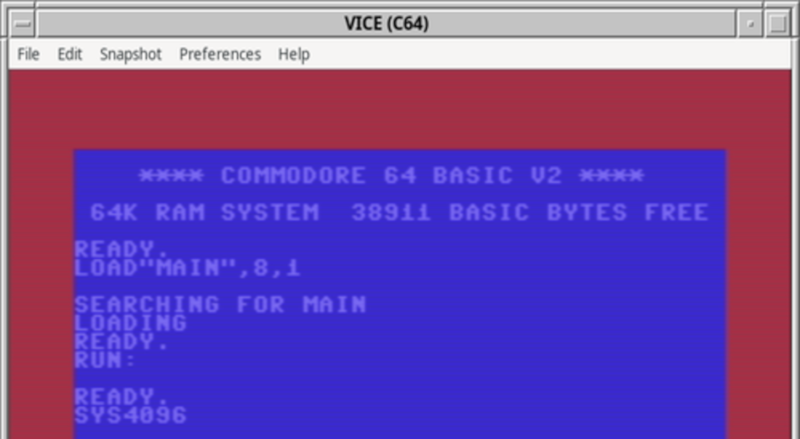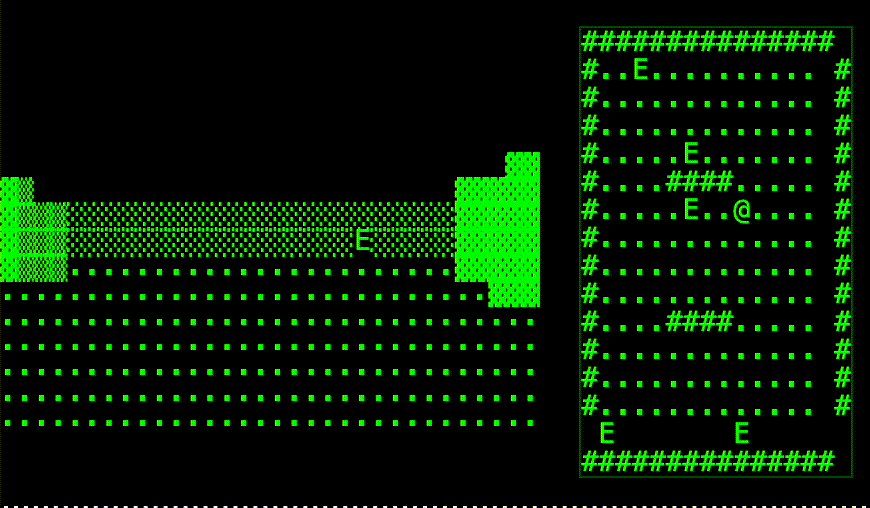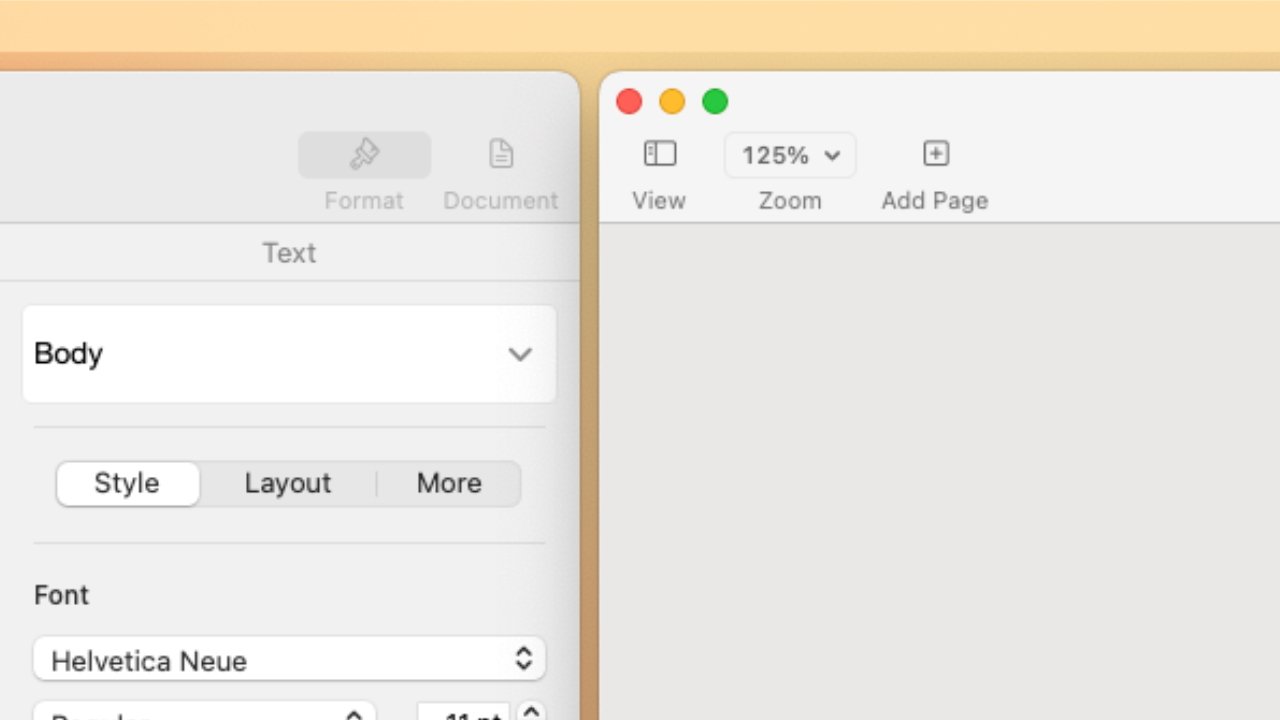Zero-Cost Error Handling in Rust: Combining Safety with Performance
As a best-selling author, I invite you to explore my books on Amazon. Don't forget to follow me on Medium and show your support. Thank you! Your support means the world! Rust's error handling system stands as one of its most significant innovations. When I first encountered Rust, I was immediately impressed by how it transformed error handling from an afterthought into a core language feature. This approach not only prevents bugs but does so without sacrificing performance. In traditional systems programming, error handling often involves checking return codes or using exceptions with significant runtime costs. Rust takes a different path, making errors part of the type system while maintaining the efficiency needed for systems programming. The foundation of Rust's error handling is the Result type, an enum with two variants: Ok for success and Err for failure. This simple construct provides tremendous power by making errors explicit in function signatures. enum Result { Ok(T), // Operation succeeded with value of type T Err(E), // Operation failed with error of type E } This design encourages thorough error handling by making errors impossible to ignore accidentally. When a function returns a Result, the caller must explicitly handle both success and failure cases. Consider a simple file reading operation: fn read_file_contents(path: &str) -> Result { std::fs::read_to_string(path) } The function signature clearly communicates that reading might fail, and the specific error type provides context about what might go wrong. To use the result, the code must account for both possibilities: match read_file_contents("config.txt") { Ok(contents) => println!("File contents: {}", contents), Err(error) => println!("Failed to read file: {}", error), } This explicit handling prevents common bugs where error cases are accidentally overlooked. For many developers, the initial concern is that this approach might be verbose. Rust addresses this with the ? operator, which provides concise error propagation. It extracts the successful value or returns the error to the caller: fn process_file(path: &str) -> Result { let contents = std::fs::read_to_string(path)?; let stats = analyze_text(&contents)?; Ok(stats) } The ? operator transforms what would be multiple match statements into a clean, readable function. This syntactic sugar maintains explicitness while eliminating boilerplate. What truly sets Rust's approach apart is that these abstractions come at zero runtime cost. The Result type compiles to code as efficient as manual error checking in C, with no hidden performance penalties. When you examine the compiled assembly, you'll find that Rust's error handling introduces no overhead beyond what's necessary to check for and handle errors. For complex applications, Rust supports creating custom error types that capture domain-specific failure modes: #[derive(Debug)] enum AppError { IoError(std::io::Error), ParseError(std::num::ParseIntError), ValidationError(String), } impl From for AppError { fn from(error: std::io::Error) -> Self { AppError::IoError(error) } } impl From for AppError { fn from(error: std::num::ParseIntError) -> Self { AppError::ParseError(error) } } These custom types allow capturing rich context while maintaining performance. The From trait implementations enable automatic conversions that work seamlessly with the ? operator. The ecosystem provides excellent tools to reduce boilerplate in error handling. The thiserror crate makes defining custom errors straightforward: use thiserror::Error; #[derive(Error, Debug)] enum ServiceError { #[error("database error: {0}")] Database(#[from] postgres::Error), #[error("authentication failed: {0}")] Auth(String), #[error("resource not found")] NotFound, } For applications where detailed error context isn't critical, Rust offers the Option type as a lightweight alternative. Option represents either Some(value) or None, perfect for cases where a value might be absent without needing error details: fn find_user(id: UserId) -> Option { if let Some(user) = database.get_user(id) { Some(user) } else { None } } // Using Option with the ? operator fn get_admin_email(admin_id: UserId) -> Option { let user = find_user(admin_id)?; let admin = user.admin_details()?; Some(admin.email().to_string()) } Option provides null-like semantics without the dangers of null references, and its performance footprint is minimal. One of the most powerful aspects of Rust's error handling is its integration with the ownership system. The RAII (Resource Acquisition Is Initialization) pattern ensures that resources are automatically cleaned up when they go out of scope, even during error conditions: fn process_data() -> Result { let file = File::open("data.csv")?; let

As a best-selling author, I invite you to explore my books on Amazon. Don't forget to follow me on Medium and show your support. Thank you! Your support means the world!
Rust's error handling system stands as one of its most significant innovations. When I first encountered Rust, I was immediately impressed by how it transformed error handling from an afterthought into a core language feature. This approach not only prevents bugs but does so without sacrificing performance.
In traditional systems programming, error handling often involves checking return codes or using exceptions with significant runtime costs. Rust takes a different path, making errors part of the type system while maintaining the efficiency needed for systems programming.
The foundation of Rust's error handling is the Result type, an enum with two variants: Ok for success and Err for failure. This simple construct provides tremendous power by making errors explicit in function signatures.
enum Result<T, E> {
Ok(T), // Operation succeeded with value of type T
Err(E), // Operation failed with error of type E
}
This design encourages thorough error handling by making errors impossible to ignore accidentally. When a function returns a Result, the caller must explicitly handle both success and failure cases.
Consider a simple file reading operation:
fn read_file_contents(path: &str) -> Result<String, std::io::Error> {
std::fs::read_to_string(path)
}
The function signature clearly communicates that reading might fail, and the specific error type provides context about what might go wrong.
To use the result, the code must account for both possibilities:
match read_file_contents("config.txt") {
Ok(contents) => println!("File contents: {}", contents),
Err(error) => println!("Failed to read file: {}", error),
}
This explicit handling prevents common bugs where error cases are accidentally overlooked.
For many developers, the initial concern is that this approach might be verbose. Rust addresses this with the ? operator, which provides concise error propagation. It extracts the successful value or returns the error to the caller:
fn process_file(path: &str) -> Result<Stats, std::io::Error> {
let contents = std::fs::read_to_string(path)?;
let stats = analyze_text(&contents)?;
Ok(stats)
}
The ? operator transforms what would be multiple match statements into a clean, readable function. This syntactic sugar maintains explicitness while eliminating boilerplate.
What truly sets Rust's approach apart is that these abstractions come at zero runtime cost. The Result type compiles to code as efficient as manual error checking in C, with no hidden performance penalties. When you examine the compiled assembly, you'll find that Rust's error handling introduces no overhead beyond what's necessary to check for and handle errors.
For complex applications, Rust supports creating custom error types that capture domain-specific failure modes:
#[derive(Debug)]
enum AppError {
IoError(std::io::Error),
ParseError(std::num::ParseIntError),
ValidationError(String),
}
impl From<std::io::Error> for AppError {
fn from(error: std::io::Error) -> Self {
AppError::IoError(error)
}
}
impl From<std::num::ParseIntError> for AppError {
fn from(error: std::num::ParseIntError) -> Self {
AppError::ParseError(error)
}
}
These custom types allow capturing rich context while maintaining performance. The From trait implementations enable automatic conversions that work seamlessly with the ? operator.
The ecosystem provides excellent tools to reduce boilerplate in error handling. The thiserror crate makes defining custom errors straightforward:
use thiserror::Error;
#[derive(Error, Debug)]
enum ServiceError {
#[error("database error: {0}")]
Database(#[from] postgres::Error),
#[error("authentication failed: {0}")]
Auth(String),
#[error("resource not found")]
NotFound,
}
For applications where detailed error context isn't critical, Rust offers the Option type as a lightweight alternative. Option represents either Some(value) or None, perfect for cases where a value might be absent without needing error details:
fn find_user(id: UserId) -> Option<User> {
if let Some(user) = database.get_user(id) {
Some(user)
} else {
None
}
}
// Using Option with the ? operator
fn get_admin_email(admin_id: UserId) -> Option<String> {
let user = find_user(admin_id)?;
let admin = user.admin_details()?;
Some(admin.email().to_string())
}
Option provides null-like semantics without the dangers of null references, and its performance footprint is minimal.
One of the most powerful aspects of Rust's error handling is its integration with the ownership system. The RAII (Resource Acquisition Is Initialization) pattern ensures that resources are automatically cleaned up when they go out of scope, even during error conditions:
fn process_data() -> Result<Stats, ProcessError> {
let file = File::open("data.csv")?;
let mut reader = BufReader::new(file);
// If an error occurs during processing, the file will still be closed
// automatically when reader goes out of scope
process_csv_data(&mut reader)
}
This eliminates a common source of bugs in languages where error handling can lead to resource leaks.
For high-performance applications, Rust provides panic for truly exceptional situations. Unlike exceptions in other languages, panics are designed for unrecoverable errors and typically lead to thread or program termination:
fn divide(a: i32, b: i32) -> i32 {
if b == 0 {
panic!("Division by zero");
}
a / b
}
Panics are appropriate when the program has reached a state where continuing is either impossible or would lead to undefined behavior. They're not meant for routine error handling but serve as a safety measure for catching programming mistakes.
For cases where you want to convert a panic into a Result, Rust provides the std::panic::catch_unwind function:
use std::panic::{self, AssertUnwindSafe};
fn try_operation() -> Result<i32, String> {
let result = panic::catch_unwind(AssertUnwindSafe(|| {
// Code that might panic
if rand::random() {
panic!("Something went wrong");
}
42
}));
result.map_err(|e| format!("Operation failed: {:?}", e))
}
This is particularly useful when working with FFI boundaries or when you need to prevent a panic from unwinding across certain boundaries.
Working with async code introduces additional complexity to error handling. The futures ecosystem provides tools like the futures::TryFutureExt trait to make working with Result types in async code more ergonomic:
use futures::TryFutureExt;
async fn fetch_and_process(url: &str) -> Result<ProcessedData, FetchError> {
let response = fetch_url(url).await?;
let data = parse_response(response).await?;
process_data(data).await
}
async fn run_pipeline() -> Result<(), PipelineError> {
fetch_and_process("https://example.com/data")
.map_err(PipelineError::from)
.await
}
The error conversion pattern works just as well in async code, maintaining Rust's zero-cost guarantees.
For complex applications that need to display errors to users, the error types must be designed to carry sufficient context. Consider an API service that needs to report detailed errors:
#[derive(Error, Debug)]
enum ApiError {
#[error("Authentication failed: {0}")]
AuthError(String),
#[error("Resource not found: {0}")]
NotFound(String),
#[error("Validation error: {0}")]
ValidationError(String),
#[error("Internal server error: {0}")]
InternalError(#[from] Box<dyn std::error::Error + Send + Sync>),
}
impl ApiError {
fn status_code(&self) -> StatusCode {
match self {
ApiError::AuthError(_) => StatusCode::UNAUTHORIZED,
ApiError::NotFound(_) => StatusCode::NOT_FOUND,
ApiError::ValidationError(_) => StatusCode::BAD_REQUEST,
ApiError::InternalError(_) => StatusCode::INTERNAL_SERVER_ERROR,
}
}
}
This error type captures meaningful context while allowing conversion to appropriate HTTP status codes. The Box variant allows capturing arbitrary errors from dependencies while maintaining a clean API.
For applications where maximum performance is critical, it's worth considering the tradeoffs in your error handling design. Creating detailed error messages can involve allocations and string formatting, which may be unwanted in certain hot paths:
// Potentially expensive if called frequently
fn with_detailed_errors(input: &str) -> Result<Output, DetailedError> {
if input.is_empty() {
// String allocation and formatting happens here
return Err(DetailedError::new(
format!("Empty input provided at {}", chrono::Utc::now())
));
}
// Process input
Ok(Output::from(input))
}
// More efficient for performance-critical paths
fn with_minimal_errors(input: &str) -> Result<Output, ErrorCode> {
if input.is_empty() {
// Just returns a simple enum variant, no allocation
return Err(ErrorCode::EmptyInput);
}
// Process input
Ok(Output::from(input))
}
This performance consideration doesn't undermine Rust's zero-cost abstraction principle - it simply acknowledges that different error reporting needs have different costs.
In my experience building Rust applications, I've found that investing time in designing a thoughtful error handling strategy pays tremendous dividends. By making error cases explicit and leveraging the type system, I've caught countless potential bugs at compile time rather than during production.
The journey from simple Result types to a comprehensive error handling strategy typically evolves with your application. You might start with standard library errors, then add custom errors as patterns emerge, and finally refine your approach as performance needs dictate.
Rust's error handling has influenced other languages, showing that safety and performance can coexist. Languages like Swift have adopted similar approaches with Optional types and error handling syntax that echoes Rust's patterns.
As systems programming continues to prioritize both reliability and performance, Rust's zero-cost error handling represents a significant step forward. It proves that rigorous error handling doesn't have to come at the expense of runtime performance or developer ergonomics.
By making errors a first-class concern in the language design, Rust has transformed error handling from a necessary evil into a powerful tool for building robust systems. Whether you're working on embedded devices with strict resource constraints or cloud services handling millions of requests, Rust's approach scales to meet your needs without compromise.
101 Books
101 Books is an AI-driven publishing company co-founded by author Aarav Joshi. By leveraging advanced AI technology, we keep our publishing costs incredibly low—some books are priced as low as $4—making quality knowledge accessible to everyone.
Check out our book Golang Clean Code available on Amazon.
Stay tuned for updates and exciting news. When shopping for books, search for Aarav Joshi to find more of our titles. Use the provided link to enjoy special discounts!
Our Creations
Be sure to check out our creations:
Investor Central | Investor Central Spanish | Investor Central German | Smart Living | Epochs & Echoes | Puzzling Mysteries | Hindutva | Elite Dev | JS Schools
We are on Medium
Tech Koala Insights | Epochs & Echoes World | Investor Central Medium | Puzzling Mysteries Medium | Science & Epochs Medium | Modern Hindutva






































































































































































![[The AI Show Episode 144]: ChatGPT’s New Memory, Shopify CEO’s Leaked “AI First” Memo, Google Cloud Next Releases, o3 and o4-mini Coming Soon & Llama 4’s Rocky Launch](https://www.marketingaiinstitute.com/hubfs/ep%20144%20cover.png)
































































































































![[DEALS] Sterling Stock Picker: Lifetime Subscription (85% off) & Other Deals Up To 98% Off – Offers End Soon!](https://www.javacodegeeks.com/wp-content/uploads/2012/12/jcg-logo.jpg)






















































































































-This-LG-Smart-TV-is-an-Xbox-00-00-34.png?width=1920&height=1920&fit=bounds&quality=70&format=jpg&auto=webp#)

























_Olekcii_Mach_Alamy.jpg?width=1280&auto=webp&quality=80&disable=upscale#)



















































































































![M4 MacBook Air Drops to New All-Time Low of $912 [Deal]](https://www.iclarified.com/images/news/97108/97108/97108-640.jpg)
![New iPhone 17 Dummy Models Surface in Black and White [Images]](https://www.iclarified.com/images/news/97106/97106/97106-640.jpg)





































































































































